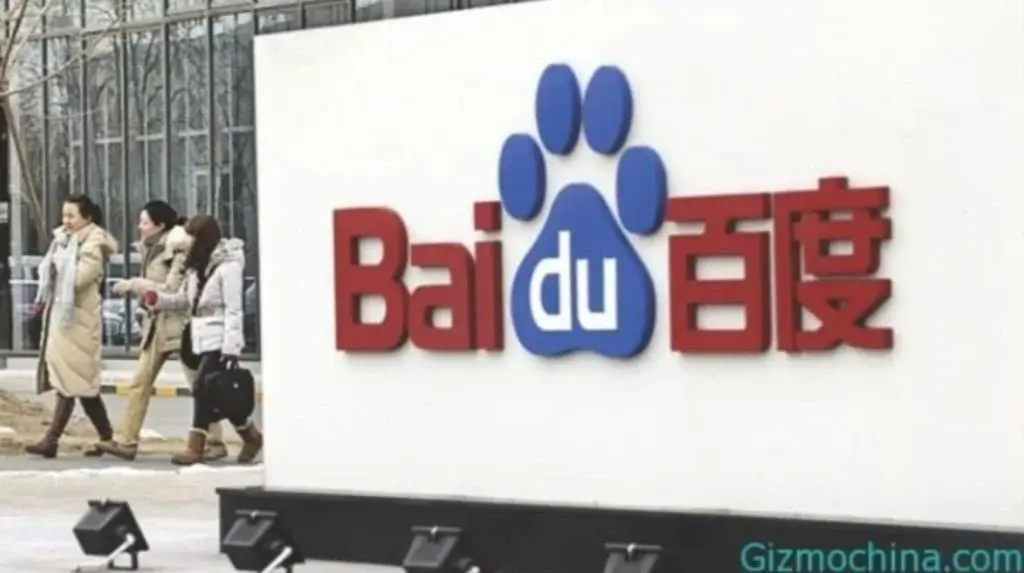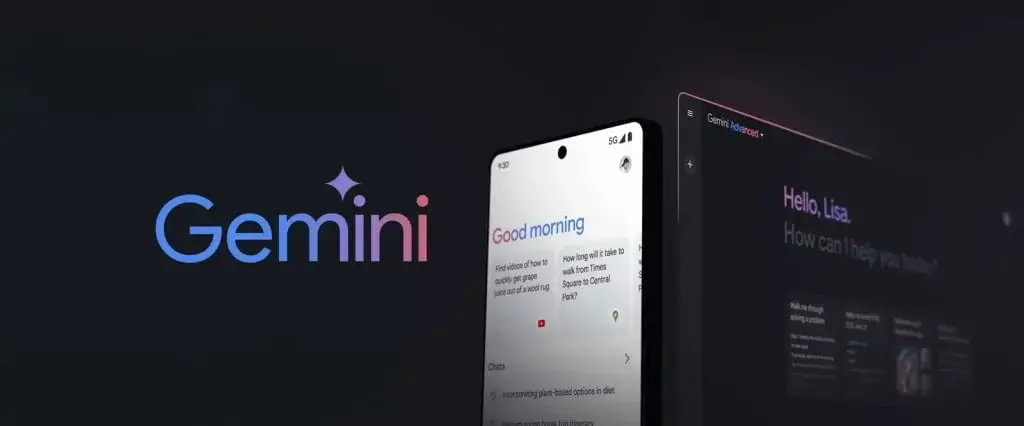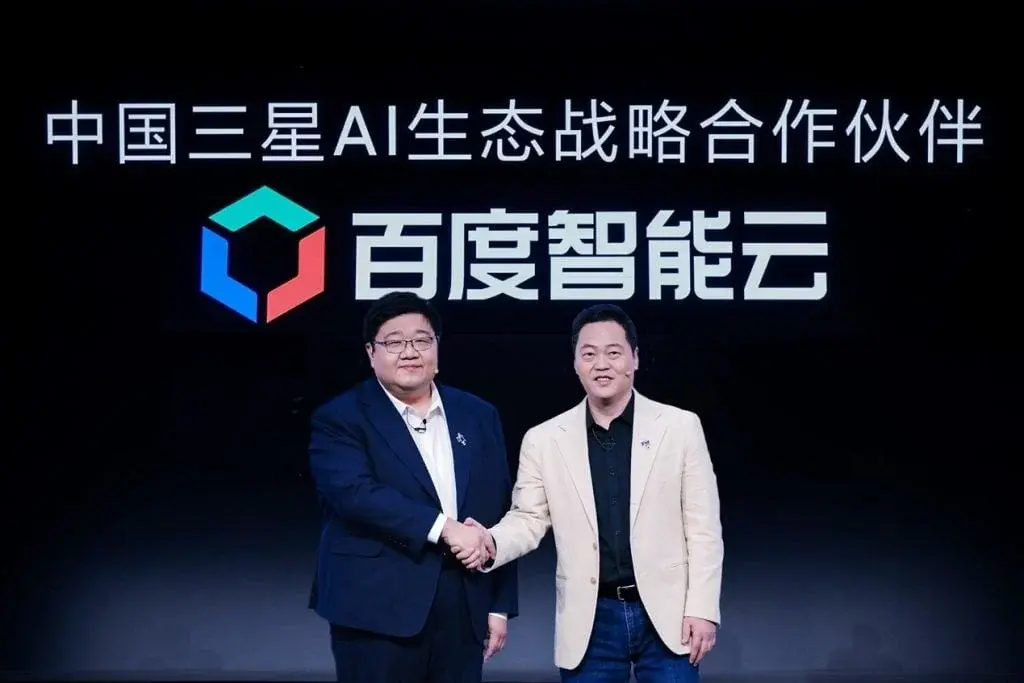Baidu, China’s leading tech giant, has struck a significant partnership with Lenovo, to embed its cutting-edge generative AI technology, particularly the Ernie large language model (LLM), into Lenovo smartphones. This collaboration follows similar agreements Baidu has forged with other smartphone manufacturers such as Samsung and Honor, marking a strategic move to expand its presence in the mobile market.
Lenovo Integrates Baidu’s Ernie Model into Smartphones
Lenovo, known for its diverse portfolio that includes personal computers and tablets, will now integrate Baidu’s Ernie model into its branded smartphones, a step aimed at capitalizing on the growing trend of AI-powered features in mobile devices. This trend gained traction following the success of ChatGPT, developed by OpenAI, in late 2022.
Competition in the AI Capabilities Market
While Google’s Pixel phones currently lead the market in terms of AI capabilities, backed by robust cloud-based AI services, Apple is reportedly working on incorporating generative AI models into its iPhones. The collaboration between Baidu and Lenovo signals a concerted effort to compete in this space and offer consumers innovative AI-driven features such as chatbots and real-time translation directly on their smartphones.
The Growing Demand for AI-Integrated Smartphones
According to projections by research firm Canalys, approximately 5% of smartphones shipped globally in 2024, translating to around 60 million devices, will boast AI capabilities. This underscores the growing demand for AI-integrated smartphones and the potential for such features to become essential for consumers in the long run.
China’s Dominance in the AI Services Market
In China, where AI services from U.S. firms are not readily available, the market is dominated by homegrown companies like Baidu, Alibaba, and Tencent, offering over 200 AI models. Baidu CEO Robin Li has emphasized the importance of practical AI applications and has leveraged collaborations with smartphone manufacturers to enhance Baidu’s LLM and compete effectively with U.S. rivals.
Investments by Top Chinese Phone Brands
Apart from Lenovo, other top Chinese phone brands including Vivo, Xiaomi, and Huawei are also investing in developing their on-device AI models, although specific details have not been disclosed publicly.
Strategic Move to Position AI as a “Must-Have” Functionality
Analysts view the integration of Baidu’s LLM into smartphones as a strategic move, positioning AI-powered features as potential “must-have” functionalities in the future, despite existing limitations. These collaborations not only benefit Baidu but also provide access to vast amounts of data, which could further enhance the capabilities of Baidu’s AI models and strengthen its competitive position in the global smartphone market.
Enhancing User Experiences and Driving Innovation
The partnership between Baidu and Lenovo underscores the increasing importance of AI in smartphones and reflects a broader trend within the industry towards integrating advanced AI technologies to enhance user experiences and drive innovation.










